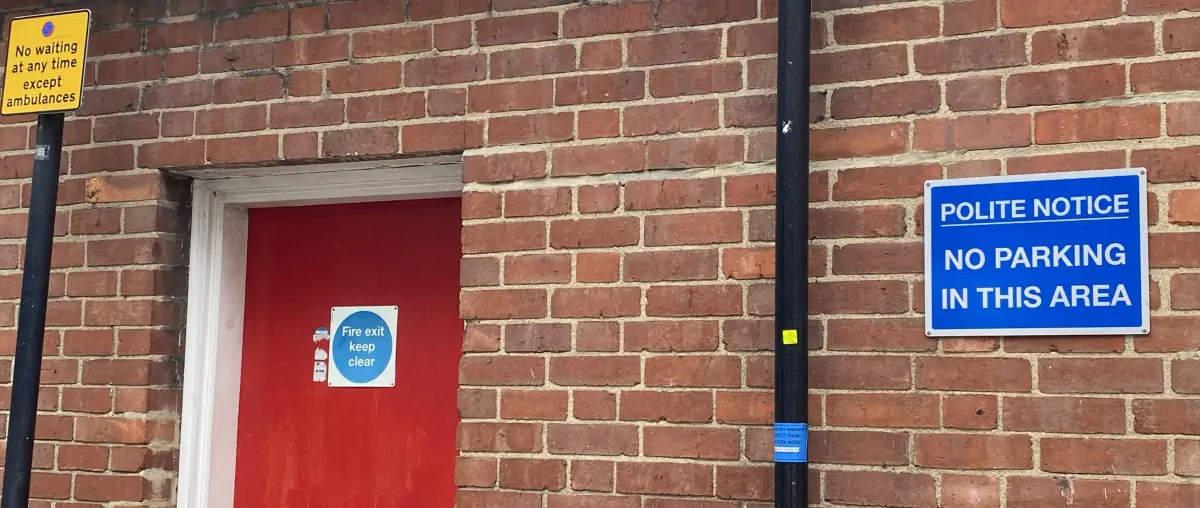
Remind Politely and Gentle Reminder: the differences
The English language phrases To Remind Politely and Gentle Reminder are used quite frequently between adults. Here is how they are different, using British English examples.
A Gentle Reminder is a way to give information to people who should already know what is being said, but in a polite way, not assuming they have forgotten. For example, in a hotel, the manager might say:
"This is a gentle reminder that breakfast ends at 9am tomorrow because of the building works."
That manager's colleague might say:
"Please give them a gentle reminder that checkout is at 1pm tomorrow."
Another example:
"Shall I give you a gentle reminder when it is due?"
To Remind Politely should only be used by the recipient of information, because politeness is decided by the listener. You can not demand your words are considered polite. A speaker should not say they are being polite, but someone who is listening can think they are being polite.
For example, hotel guests talking to friends about their trip might say:
"The manager reminded us politely that breakfast hours were shorter that week."
You will often see notices saying Polite Notice, for example "Polite Notice. No parking in this area." In my opinion this is wrong, for the reason above - the writer can not demand something is taken as being polite.

Google Trends offers a view of whether remind or reminder is more commonly searched, the data suggesting reminder is far more frequently searched from the UK. There is not enough data to show "remind politely" whereas "polite reminder" as a search phrase is very rare.
Please email me with any questions [email protected]